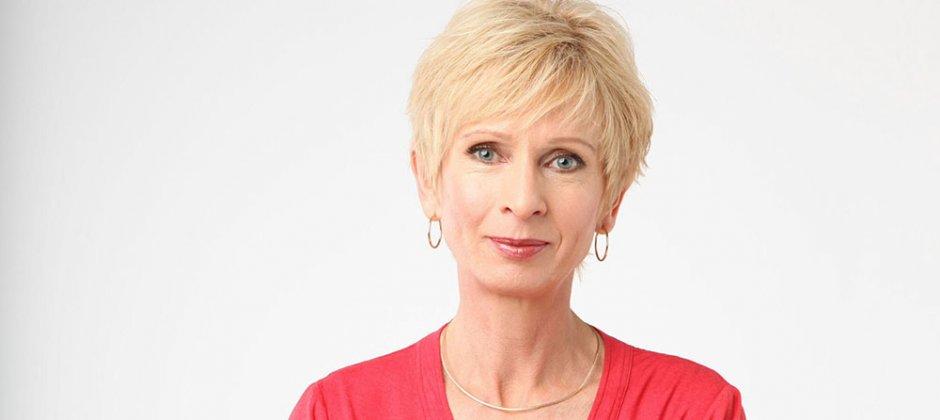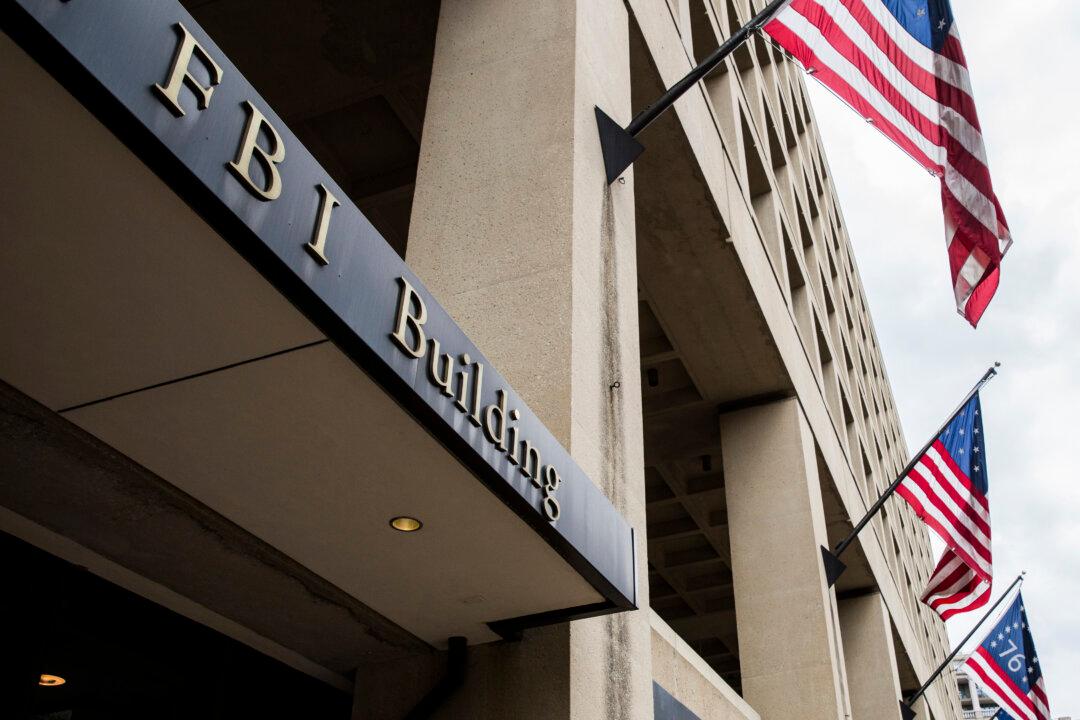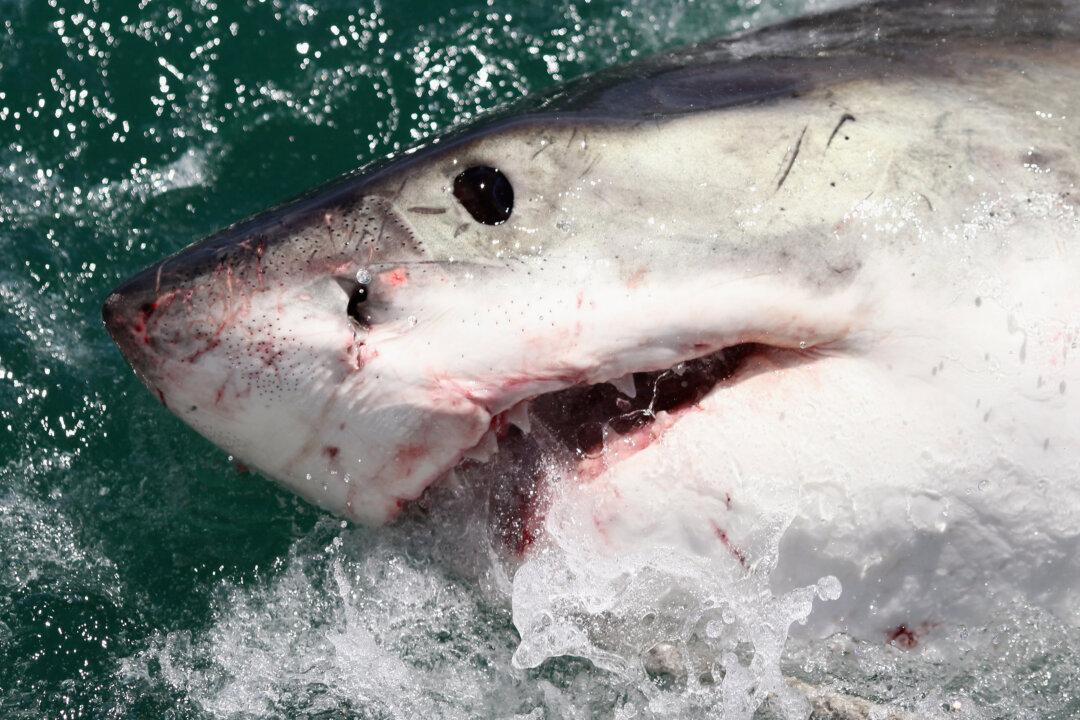A well-known animal protection organisation in Australia appears to have hired live export workers to film deliberate acts of animal cruelty, a series of leaked emails have revealed.
A whistleblower who wishes to remain anonymous has presented a series of email exchanges between himself and Animals Australia Director of Strategy Lyn White (pictured), showing the charity organisation had contact with multiple live export workers who were paid up to US$2000 (A$2780) in exchange for providing images and videos with guidelines to be met.





